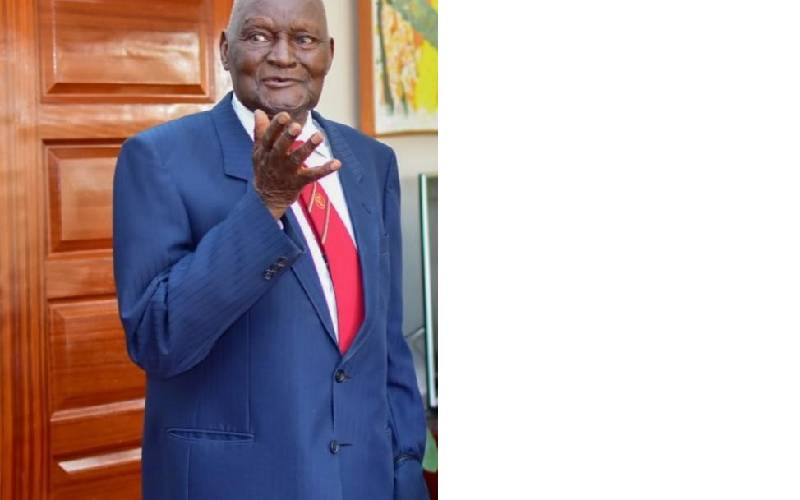×
The Standard e-Paper
Home To Bold Columnists

The passing on of former Kanu National Organising Secretary Nathan Waliaula Munoko ends the chapter of yet another of the few remaining independence era politicians who played a key role in shaping Kenya's political order.
At the age of 102 years, the former Minister of Works in President Daniel arap Moi's government was among the few who were still going strong until the last quarter of this year when his health began failing.







